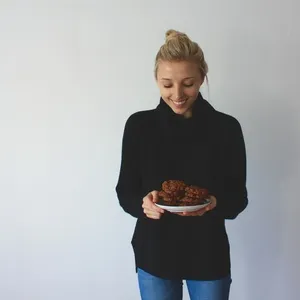I’ve been dealt a myriad of health issues that have an enormous impact on what I eat. My food restrictions are constantly in flux as the status of my health changes, but I’ve had ample time over the last 6 years to figure out how to cope.
Giving up as many foods as I have wasn’t the hardest part, it was accepting this lifestyle as my new normal. It’s frustrating to be sick in high school and college, I struggled immensely with the idea that my body was failing me when I worked so hard to get where I am.
Just like I have to work hard in school, I have to work hard to keep weight on so I don’t look like a skeleton. I can recite my spiel explaining why I have to eat this way to every curious onlooker in my sleep by now, it takes serious effort to make normal relationships and be social on campus (even when it looks incredibly lame to always be the only sober one). Some days I don’t feel well and have to stay in bed all day when I should be in class or with friends. It took me a while to see the inconveniences as trivial, but I’m there now. Putting my health first is my new reality. I’m grateful for the good and the bad days because of what they teach me.
Giving up food is not a tragedy, tragedy would be letting it control your life. It’s tough to stay absolute to restrictions, but will power and willingness to cook your own meals skills are all you need. Take it from me because for a significant portion of my life I subsisted on coffee, bread, and all things dairy.
If you’re in my shoes and have to give up some variation of caffeine, dairy, gluten and sugar, here’s how I went about it:
Caffeine
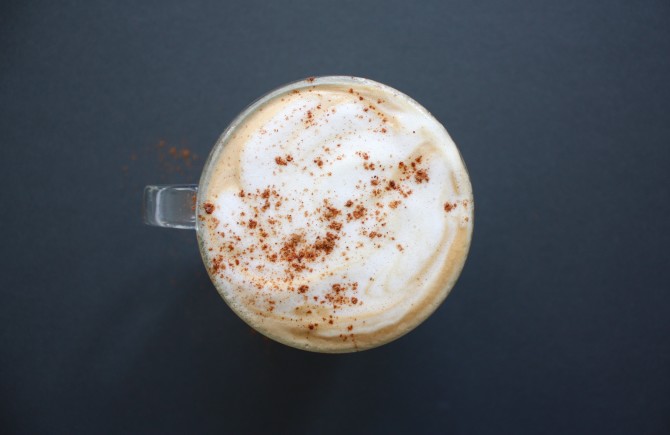
Photo by Kristine Mahan
I fought giving up caffeine for a long time, I told myself that I didn’t have time for the brutal withdrawal symptoms. But, alas, as I was wheeled out of the hospital this past November after surgery on my GI tract with a throbbing headache (from not having caffeine that day) and paperwork about my disease diagnosis, I knew it was time to quit.
If you’re an avid coffee drinker like I was, and aren’t willing to quit cold-turkey, cut back the amount you drink every day for 4 days until you’re at the point of only needing a few sips to avoid withdrawal symptoms. At this point, switch to a small cup of caffeinated tea. Following the same idea, reduce the amount of tea over the course of a few days until you can get through the day without withdrawal symptoms.
My new ritual is a cup of ginger tea, or a glass of hot water with lemon, apple cider vinegar, and raw honey.
Dairy
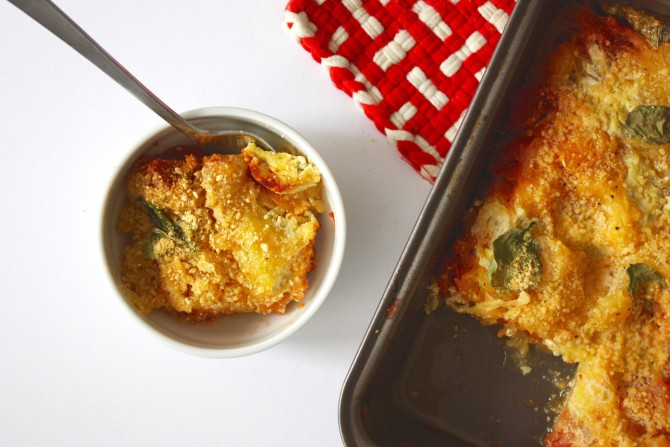
Photo by Kristine Mahan
Replace milk and cheese with quality alternatives. Buy unsweetened nut and seed milks, read dairy-free yogurt labels like a scientist (because most contain gross amounts of refined sugar) and if the vegan cheese has ingredients in it you can’t pronounce do not buy it.
When eating out, always mention your dairy restriction. Butter is everywhere.
Here are my go-to replacements for milk, whey protein, yogurt, cream cheese and parmesan cheese. These all contain varying quantities of the nutritional components of dairy (protein, calcium, iron, and vitamins like B and D). Where you feel you can’t make up the difference through diet alone, consider supplements.
Gluten
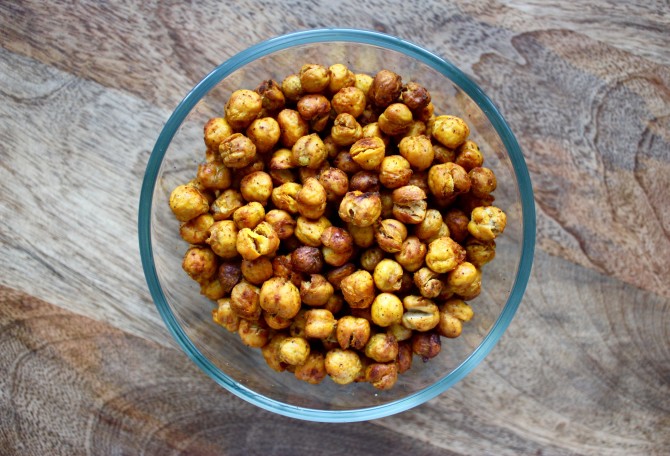
Photo by Kristine Mahan
Gluten free bread sucks, there’s no gentle way to put it. Sure, giving up gluten is trendy right now, but unless you’re under medical advisement to nix it, don’t. On the flip side, solely consuming bleached and processed wheat isn’t a great idea. Your body needs carbs to function properly metabolically, consider choices like buckwheat, millet, brown or black rice and quinoa.
When it comes to baked goods and snacks, you’re going to have to learn to love the kitchen. The biggest problem with store-bought gluten free products lies in the fact that they’re usually loaded with sugar or fried to make up for their less-than-sexy texture.
Some of my go-to’s for the gluten free life include roasted chickpeas, cauliflower rice, this brand of bread and protein-packed pasta.
Sugar
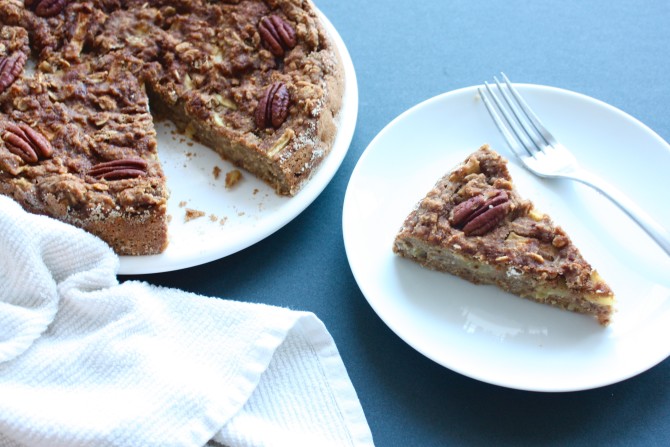
Photo by Kristine Mahan
Even the best gluten free and vegan baked goods are made with refined sugar, so make it yourself.
My best replacement recommendation is coconut sugar, a low-glycemic sweetener that you can buy as granules or syrup. Though higher on the glycemic index, raw honey is one of the healthiest foods on earth and real maple syrup offers a plethora of vitamins and minerals. And there’s always agave nectar in a pinch (fun fact, this was originally only used to make tequila). Some of my favorite dairy, gluten and refined-sugar free recipes include oatmeal, coconut whipped cream and peanut butter cookies.
I’m in good company when it comes to food restrictions. Our culture has finally turned to the diet for aid in the healing and bettering of health. When I first got sick it was rather uncommon to have dietary restrictions, let alone be open about them. This doesn’t mean you won’t encounter unkind comments or people telling you they could never do it, because that will happen… A lot. Take it with a grain of salt, you learn a lot about people by the way they treat you when you’re sick.
Part of what has gotten me through these 6 years has been a new-found enthusiasm for food. You can check out the byproduct of my enthusiasm (and restrictive-friendly recipes) on my own blog The Healthy Hypoglycemic.
Remember to make your own rules as you go, not everything works for everyone the same way. Get in touch with your body to find what makes you feel good. Some of my favorite sites for culinary inspiration include Minimalist Baker, Oh She Glows and Laura Miller.


